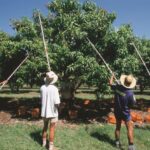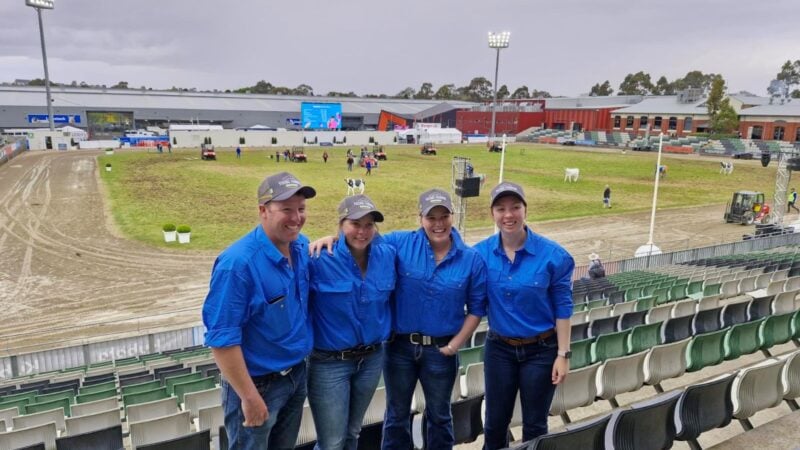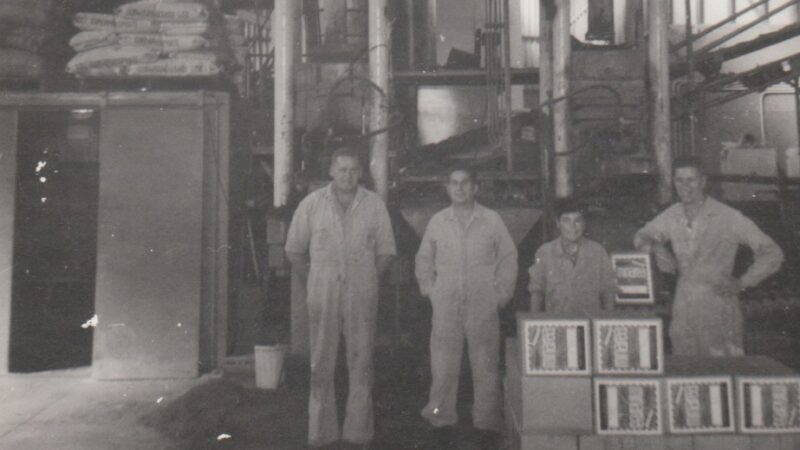Farmers will be sharing their renewable energy journey with the likes of solar, bioenergy, and…
Farm Fire Units drive common ground on bushfires
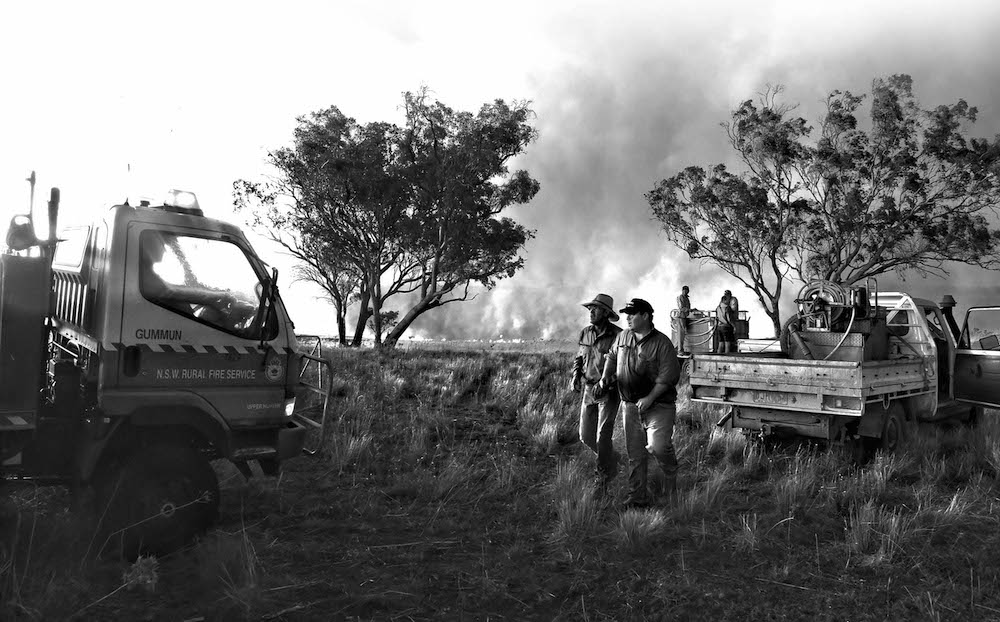
NSW Farmers and the NSW Rural Fire Service (RFS) have jointly developed new guidelines to incorporate privately owned Farm Fire Units into responses to bushfires.
AgQuip was chosen as the venue to launch the Farm Fire Unit Operational Guide, which was born out of recommendations from the inquiry into the 2017 Sir Ivan fire.
Farm Fire Units are privately owned and operated by landholders and consist of a vehicle-mounted water tank, pump and hose. The guide’s aim is to better connect the RFS with local farmers and outline measures to safely integrate Farm Fire Units into firefighting operations.
“Farmers are attracted to common sense solutions, and Farm Fire Units are one those,�
NSW Farmers President Xavier Martin

�Often the nearest water is the best for fire control and being able to efficiently utilise all available resources to manage fires in our communities is crucial.
So, we have been working on solutions to integrate farm fire units seamlessly. The state-of-the-art, purpose-built RFS rigs share many of the specifications of privately owned units when it comes to the capacity to put fires out.�
While many farmers are members of their local Bushfire Brigades, there are many who are not � but who still respond to bushfires in their local community, either on their own land or on their neighbour�s properties.�
Xavier said the Farm Fire Unit guide will make working together to manage bushfires easier � strengthening communication, understanding, and local engagement.
�Ultimately we all want to stop fires as soon as we can to minimise damage and loss, and I think these new guidelines are the building blocks of a more transparent and safer working relationship between NSW RFS and farmers.
There is still to work be done in terms of conditional registrations to cover moving these vehicles between fires.�
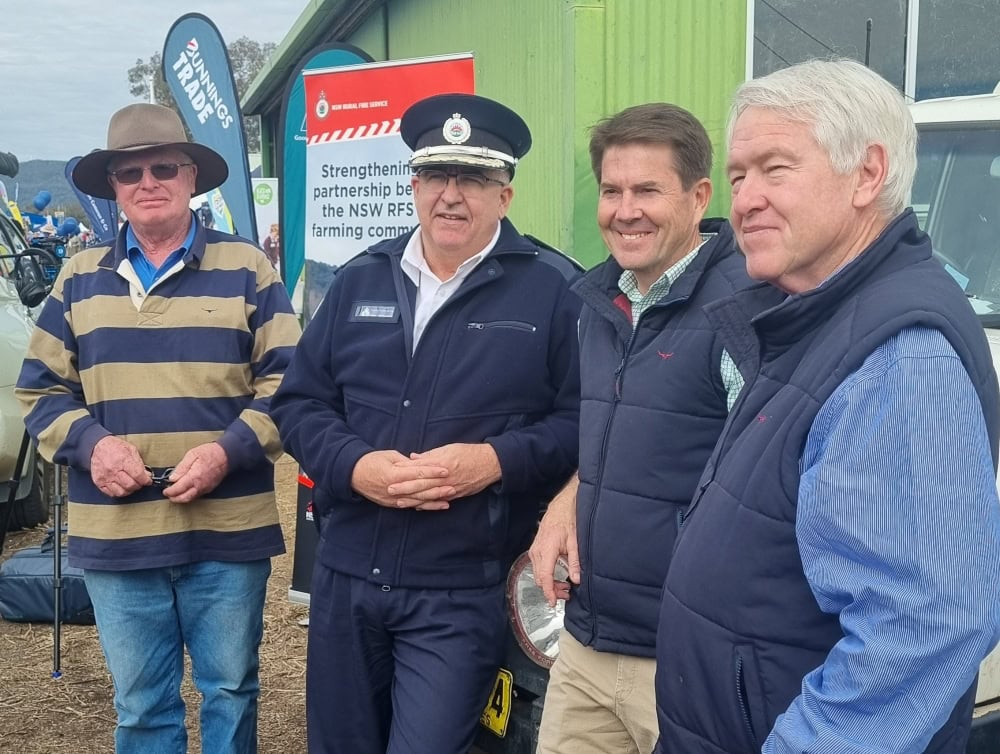
RFS Deputy Commissioner – Field Operations, Peter McKechnie thanked NSW Farmers and members such as Dunedoo fire brigade captain David Bowman for valuable input into the Farm Fire Unit guidelines.
�The Sir Ivan fire that we saw in 2017 was such a devastating fire to so many landholders in that area east of Dunedoo. NSW Farmers has really helped us through this process with lots of member involvement.”
We�ve learned the lessons that we need to have strong relationships with farmers before fires, during fires and after fires. Those relationships need to be already built before ultimately, they have to face a bushfire.�
RFS Deputy Commissioner – Field Operations, Peter McKechnie
NSW Government backs Farm Fire units
Three NSW government ministers have publicly backed moves to improve the integration of farmers� knowledge and firefighting assets into protecting communities from bushfires.
�Thanks to this new framework for Farm Fire Units, rural landholders will be empowered to work side-by-side with NSW Rural Fire Service (RFS) members to protect their own properties and improve safety around fire grounds,� said Emergency Services Minister Steph Cooke.
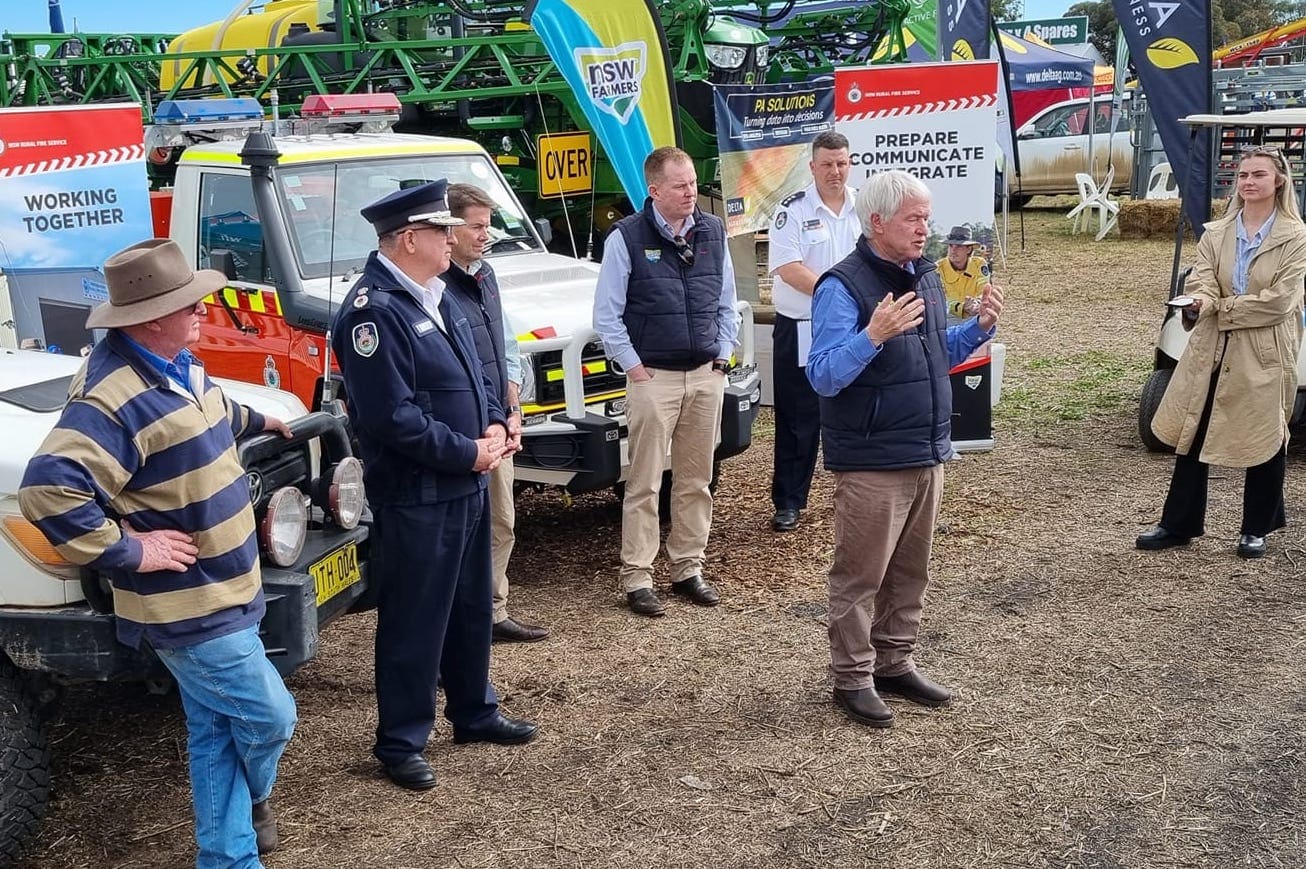
�The record sustained wet weather has caused widespread vegetation growth which will increase the threat of grass fires across regional and rural NSW this summer, which is why it�s important to find ways to ensure our communities are better prepared.”
Minister for Agriculture and Minister for Western New South Wales Dugald Saunders said it is important to harness the local knowledge and skill of private landholders.
�Farmers are often the first responders to grass fires and they understand the risks and seriousness of operating machinery in hot, dry conditions,� Mr Saunders said.
�These new guidelines will provide another layer of assurance for landholders in remote parts of the State whose properties are significant distances away from their nearest town.�
Minister for Better Regulation and Innovation and Member for Tamworth Kevin Anderson said the guidelines will help rural landholders to better prepare for the risk of a range of hazards.
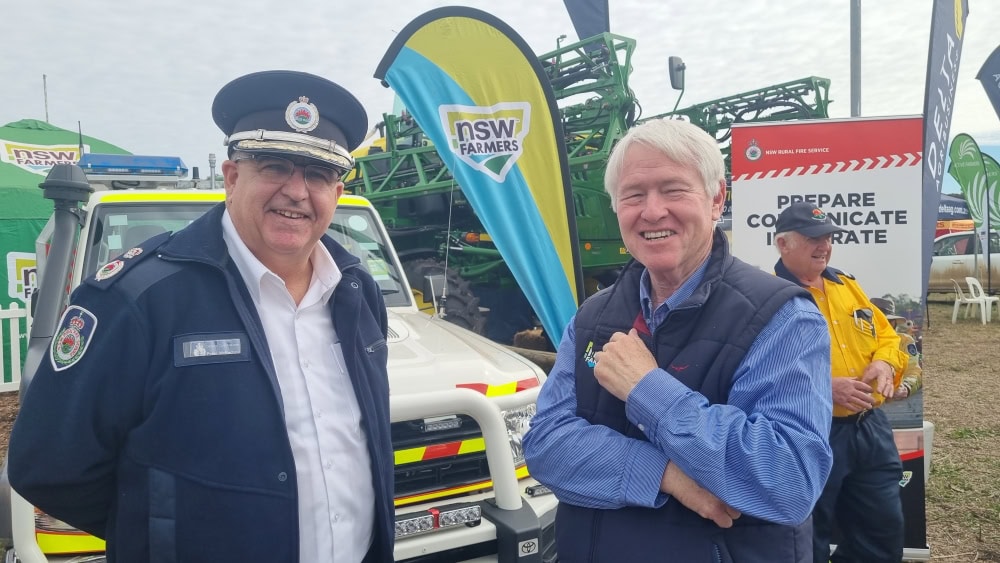
�As custodians of significant portions of the State, farmers are often on the frontline when it comes to bushfires and grass fires, which is why it�s important they work in close collaboration with the RFS to protect their lives and livelihoods,� Mr Anderson said.
If would like to read more features on The Farmer about recovery from natural disasters, you might want to read our feature on some farmers recovering from the 2022 floods.



